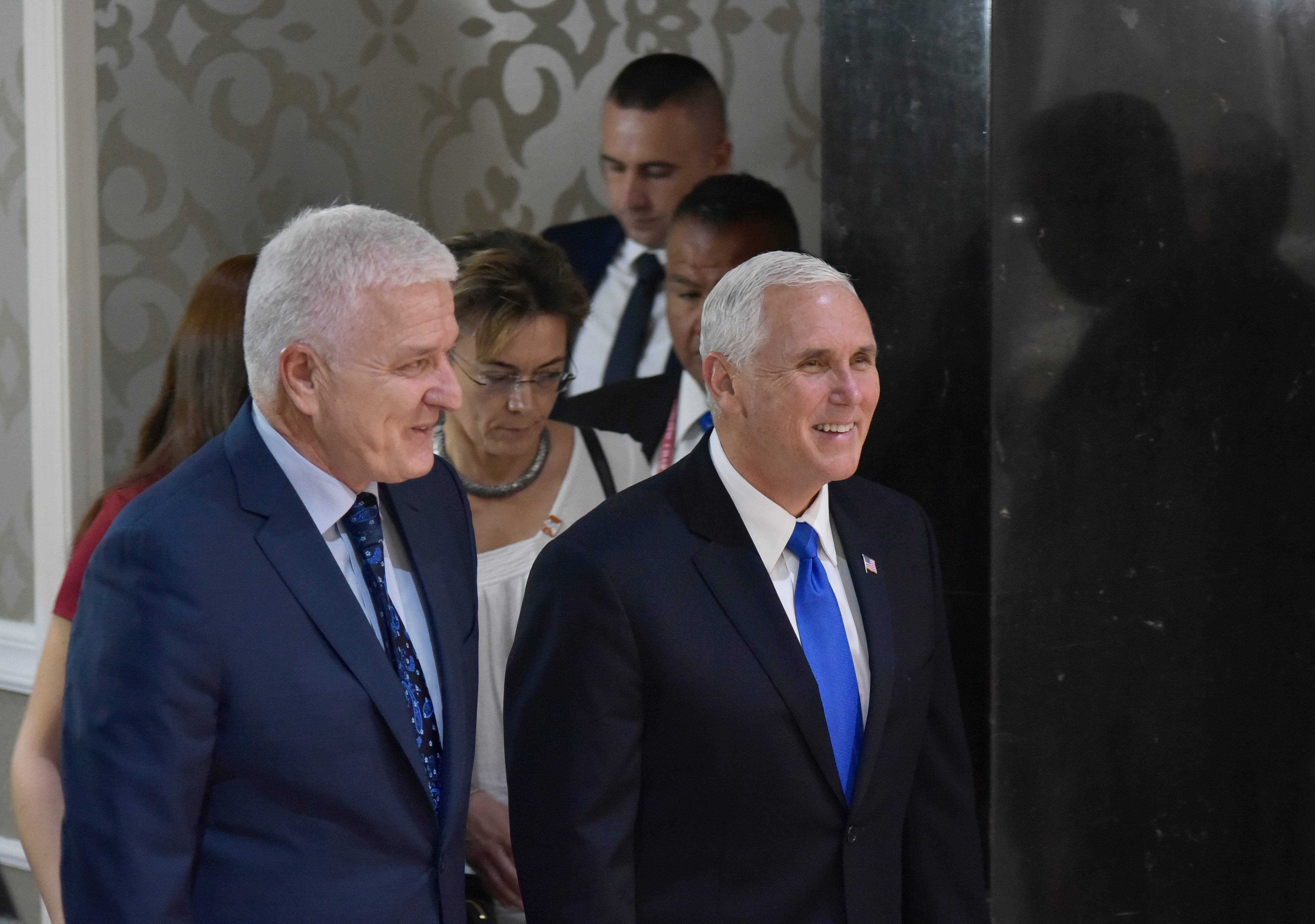The Army is in danger of becoming a "hollow Army" if sequestration returns in 2016, the service's top officer said Thursday.
"If sequestration occurs, for the next three to four to five years, we're moving towards a hollow Army," Army Chief of Staff Gen. Ray Odierno said. "What does a hollow Army mean? My definition of a hollow Army is one that we don't properly train our soldiers. They aren't able to do the exercises that they need. They're not able to have the ammunition necessary. They don't have the equipment they need. They're not able to sustain their equipment to the levels that are necessary for them to respond, no notice, to an unknown threat in potentially five different places around the world."
Odierno, who spoke at the Association of the United States Army's Institute of Land Warfare breakfast, said the Army has already reduced its modernization funding by almost 50 percent, and those cuts will only get worse if sequestration returns.
"So now we're not investing in training, we're not investing in equipment, and this falls on the shoulders of our soldiers," he said. "The ones who will pay the price are the men and women who show up, because they will go no matter what. It's up to us to make sure they have what they need."
About 45,000 soldiers are deployed around the world, with another 80,000 forward stationed in about 150 countries around the world, Odierno said.
There are soldiers in Iraq, Africa and Afghanistan, while others are serving in Europe and the Pacific.

"As I think through where we are and where we are headed, I always go back to when we started this journey of defense cuts and peace dividends in 2011 and '12," Odierno said. "The thought process was that we're coming out of Iraq, we're coming out of Afghanistan, the world is going to require significantly less military intervention, and, frankly, it has not happened."
The world is unstable, and conditions evolve and change rapidly, Odierno said.
"The threat of terrorism is not going away, whether it's in Paris, whether it's the continued [conflict] in Yemen, we have ISIL that's occupying Iraq and Syria attempting to establish a caliphate," he said. "So we have to figure out how we're going to deal with this threat."
This means understanding the enemy, developing agile and adaptive leaders, and maintaining the ability to conduct multiple types of missions, simultaneously, around the world, he said.
"I believe this is the most uncertain time I've seen in our national security since I've been in uniform," Odierno said. "Uncertainty is problematic because you don't know what you're going to have to respond to."
As a young officer assigned to Europe during the Cold War, Odierno said he and his fellow soldiers faced a capable but known enemy.
"Today, we don't have that luxury," he said. "I can't tell you if we're going to fight on the Korean peninsula, I can't tell you if we'll be in Iraq or Syria, I can't tell you if we're going to have to be in Eastern Europe deterring Russia. We have to be prepared to do a variety of things simultaneously."
In order to build that capability, the Army must have the right budget that properly supports soldiers, Odierno said.
"The military and our national security capabilities are like an insurance policy," he said. "Are we willing to invest in the future of our security? When we need it, we can't start investing in it. There's not enough time. To sustain the readiness that we need to respond to the variety of threats we face, we need to invest today, we need to invest tomorrow, we need to invest after that."
In 2013, just 10 percent of the Army was ready to deploy if needed, Odierno said. Today, the Army has managed to increase that to about 33 percent, he said.
"Through 2015, we'll probably sustain that, maybe move up a little bit, to maybe 40 percent at the highest," he said.
Prior to 2001, however, 70 percent to 75 percent of the Army was ready.
"We had built up the capability that was there to use if necessary," he said.
The Army must continue to move forward, especially as it gets smaller, Odierno said.
"If we don't, we'll find ourselves left behind, and we cannot do that," he said. "Our soldiers all around the world are doing what we ask them to do every single day. It's up to us to make sure we give them the tools to be successful and come back to their families."
Michelle Tan is the editor of Army Times and Air Force Times. She has covered the military for Military Times since 2005, and has embedded with U.S. troops in Iraq, Afghanistan, Kuwait, Haiti, Gabon and the Horn of Africa.





